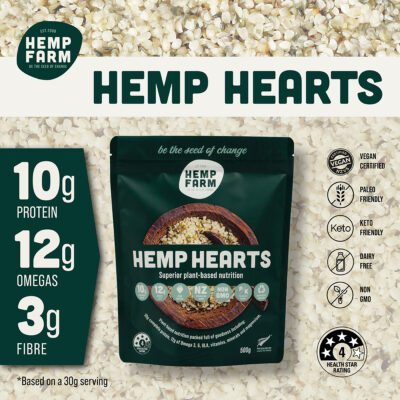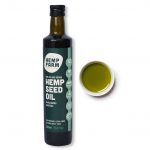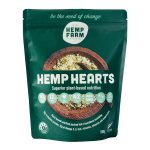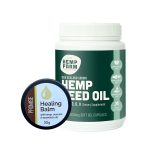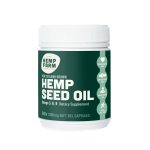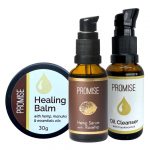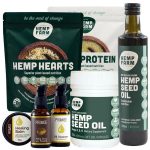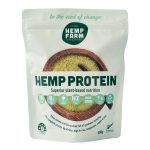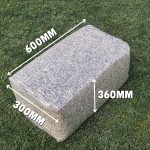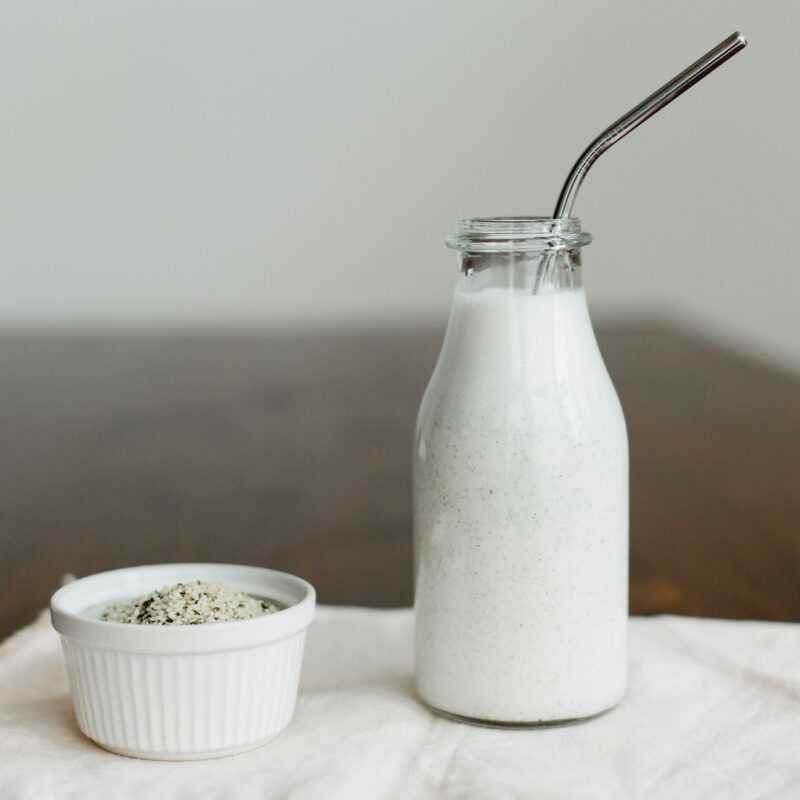
What’s the buzz with Plant Milk?
Part 1
So why would you choose Hemp milk?
Hemp milk has an earthy, nutty flavor and a creamy consistency. It can be used in place of your usual dairy milk in coffee, tea, cereal, smoothies, and any other recipe that calls for milk.
How does hemp milk compare to other non-dairy alternatives?
Nutritionally, what makes hemp a great non-dairy alternative is that it naturally contains calcium (more calcium than dairy milk!), protein, and has the added benefits of omega 3 and 6 essential fatty acids in the ideal 1:3 ratio that promotes brain and heart health and is anti-inflammatory in the body.
Is it sustainable?
Editor - Pull Out
Advantages of using Hemp Milk
- Plant-based (non-dairy)
- Complete Protein – easy for the body to digest and use
- More protein and healthy fats than many other popular plant-based milks
- Optimal 1:3 balance of Omegas 3 to 6
- No known allergens
- Naturally free of soy, lactose, and gluten
- Sustainable – every part of the hemp plant can be used for something
- Hemp milk doesn’t split in hot drinks!
Advantages to Making your own Hemp Milk
We’ve done the math for you and worked out how much it would cost to make a litre of unsweetened hemp milk.
| Description | Price |
|---|---|
| 70gms of hemp hearts | $3.15 |
| 5ml vanilla extract | $0.35 |
| Total | $3.50 |

Compare that with other popular plant milks available today!
Making your own home-made hemp milk ensures there are zero fillers, thickeners, preservatives, sugar, and any number of other ingredients you might find in store-bought milks. It is truly YOUR milk, YOUR way!
Hemp hearts are gluten-free, full of vitamins and minerals and are obviously plant-based making it perfect for those following a Vegan and Paleo lifestyle. Another great benefit of nut and seed milks, and why many turn to them, is their ability to replace traditional dairy milk. Lactose intolerance is an issue for many people, causing digestive distress and allergies.
No waste! – Ways to use your left-over pulp…
- Add to smoothies for extra creaminess
- Add into bread or muffins
- Stir into porridge or cereal
- Add to pancake mix
- Add to bliss balls
- Or… freeze to use later!
Why make your own Hemp Milk? – Environmental Benefits
No more packaging
More recently and on a positive note though, there are businesses such as saveBoard who are making sustainable building materials from used Tetra Pak cartons and are working with local government and community groups to develop drop off points for used milk cartons.
Making your own hemp milk at home… zero waste!
Better for the environment
While not yet as popular as oat, almond and other nut milks, hemp deserves more credit for needing less time and water to grow, for its plethora of environmental benefits, and for creating healthy, protein and nutrient-packed milk.

- https://hempnz.co.nz/hemp-hearts-nutrition-facts/
- https://www.healthline.com/nutrition/hemp-milk
- https://www.delicious.com.au/food-files/health/article/hemp-milk-coming-s-you-need-know
- https://www.nutritionix.com/i/nutritionix/unsweetened-hemp-milk-1-cup/571f77311059e2fc6ab20cb3
- https://www.webmd.com/diet/health-benefits-hemp-milk
- https://thebeet.com/youve-ditched-dairy-but-which-plant-based-milk-is-best-for-the-environment/
- https://www.sciencefocus.com/science/which-vegan-milk-is-best-for-the-environment/
- https://www.ediblebrooklyn.com/2020/plant-milks-sustainability/
- https://livepurepower.com/benefits-of-hemp-for-regeneratie-agriculture/

